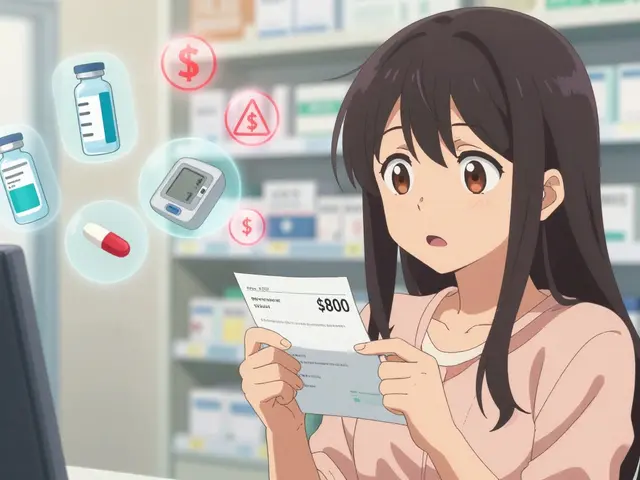OTC vs Rx: Understanding the Basics and Making the Right Choice
When you walk into a pharmacy, you see two main sections: items you can grab off the shelf and those that need a doctor’s note. Those are the OTC (over‑the‑counter) and Rx (prescription) drugs. Knowing how they differ helps you avoid waste, side‑effects, and costly mistakes.
Why Some Medicines Stay OTC and Others Need a Prescription
OTC drugs are approved for safe use without a doctor’s supervision. They treat common, mild problems like headaches, allergies, or minor skin irritations. The FDA reviews them at a lower risk level because the active ingredients are well‑studied, dosage is clear, and the chance of serious harm is small.
Rx drugs, on the other hand, target more serious or chronic conditions. They often have stronger ingredients, higher doses, or potential interactions that require a clinician’s judgment. A prescription ensures a health professional has checked your medical history, other meds, and any allergies.
Practical Tips for Choosing Between OTC and Rx
Start with the symptoms. If it’s a simple cold, occasional heartburn, or a rash that isn’t spreading, an OTC option is usually enough. Look for products that list the active ingredient on the front label – that makes comparison easy.
Check the dosage. Some OTC products come in multiple strengths. Choose the lowest effective dose. If you need higher strength or more frequent use, talk to a pharmacist or doctor before moving to a prescription.
Consider your health history. If you have heart disease, diabetes, or are pregnant, many OTC meds can be risky. Even a “harmless” pain reliever might raise blood pressure or affect blood sugar. A quick chat with a pharmacist can save a lot of trouble.
Look for red‑flag warnings. If the label says “keep out of reach of children,” “consult a doctor if symptoms persist more than 7 days,” or “do not use with certain conditions,” treat those as signals that a prescription might be safer.
When in doubt, get professional advice. Pharmacists are trained to spot when an OTC product could clash with other meds. They can suggest a Rx alternative that fits your situation better.
For people who prefer the convenience of buying meds online, the same rules apply. Make sure any online pharmacy is verified, requires a prescription for Rx meds, and shows clear ingredient lists for OTC products. This protects you from counterfeit or unsafe products.
In short, use OTC drugs for quick, low‑risk relief and rely on Rx meds when the problem is serious, chronic, or when you need a higher dose. Knowing the line between the two saves money, reduces side‑effects, and keeps you healthier.
Keep this guide handy next time you’re browsing the pharmacy aisle or an online drugstore. The right choice is often just a few questions away.





